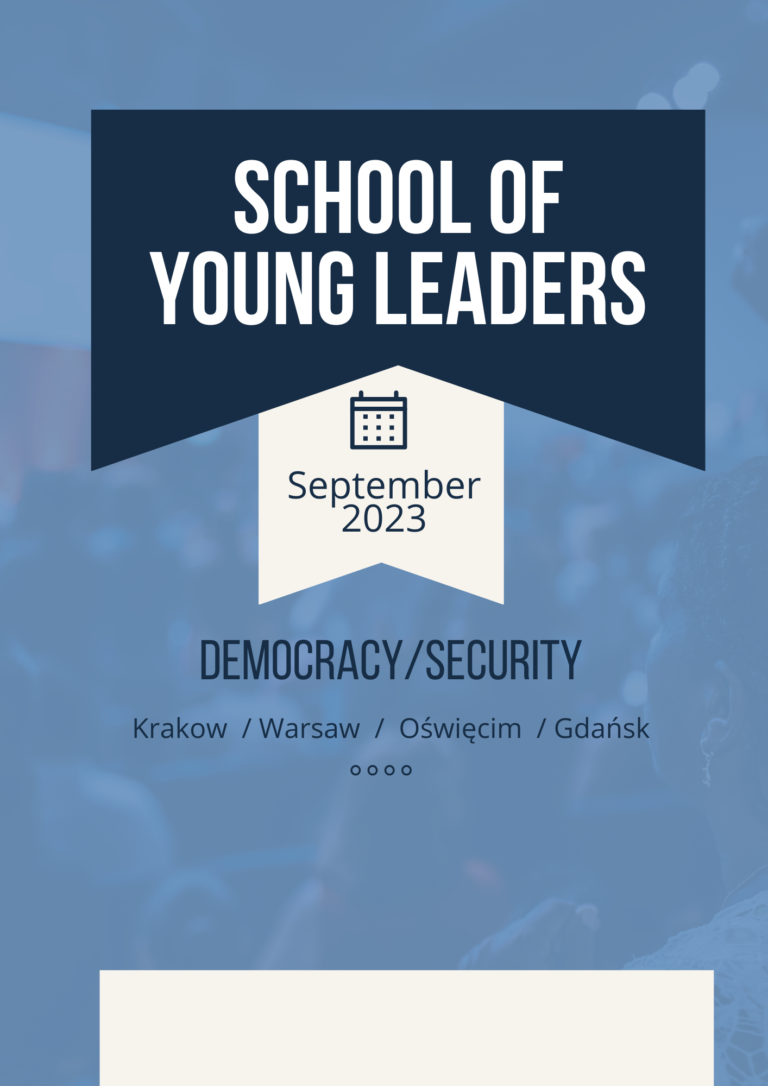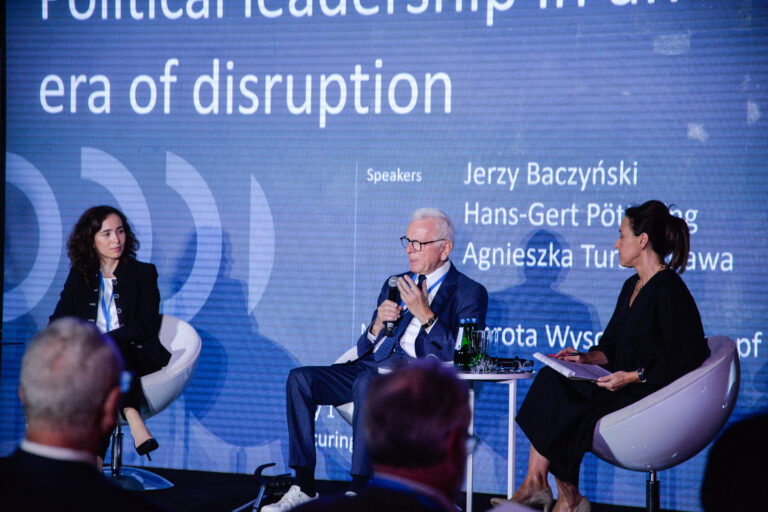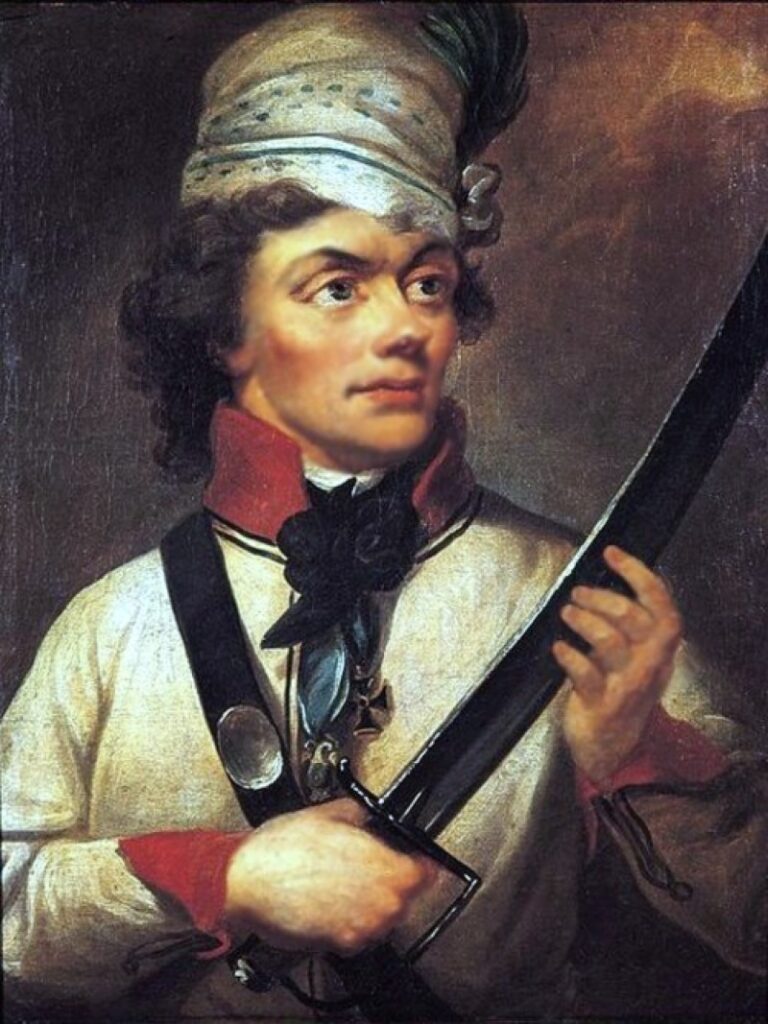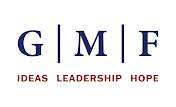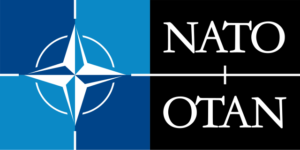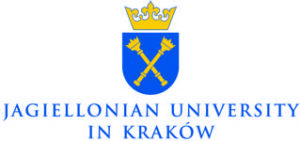Our Freedom
& Yours
Euro-Atlantic Forum
on Democracy and Security
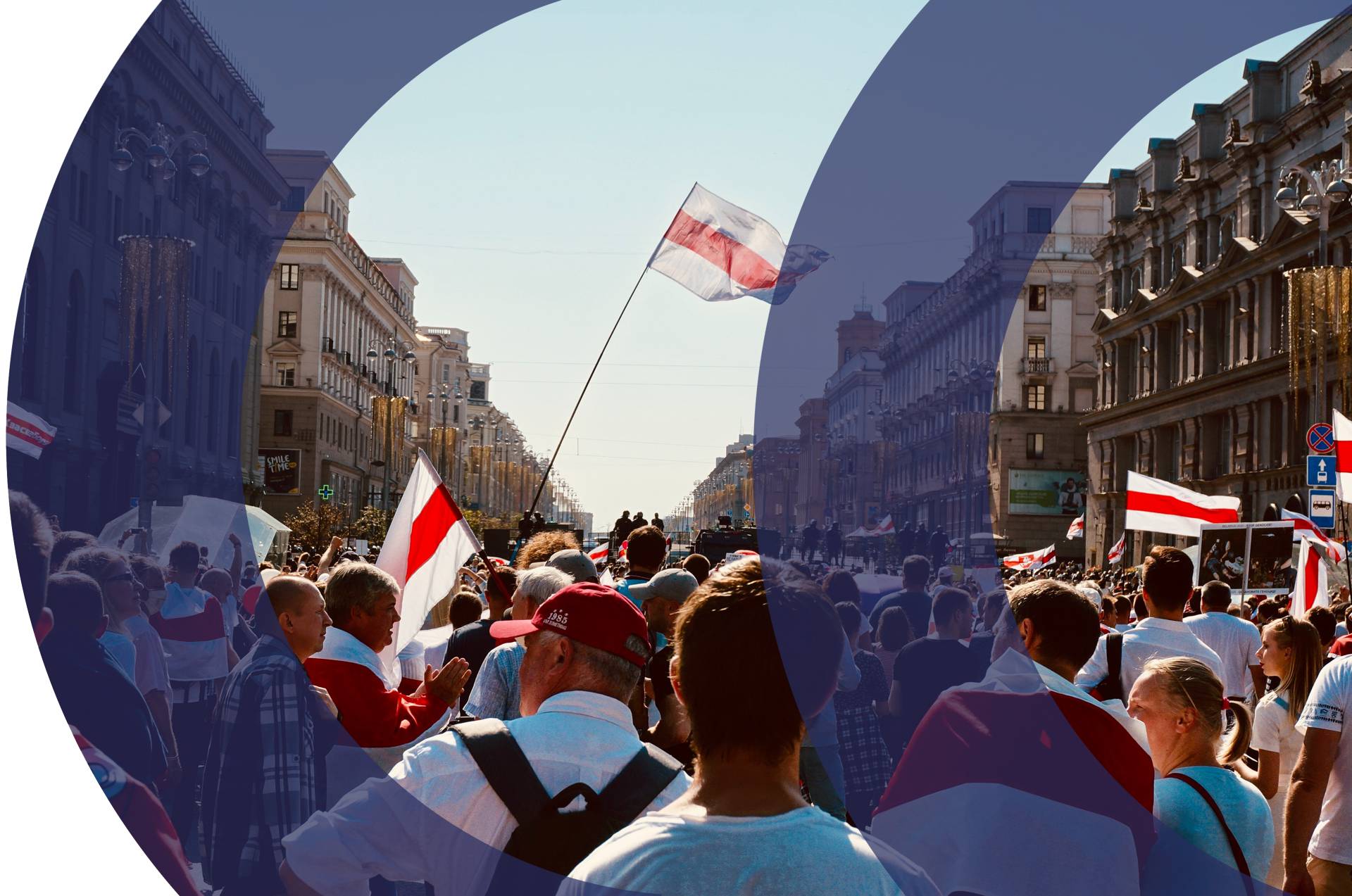
“We must plan for freedom, and not only for security, if for no other reason than
only freedom can make security more secure.”
Karl R. Popper, The Open Society and Its Enemies
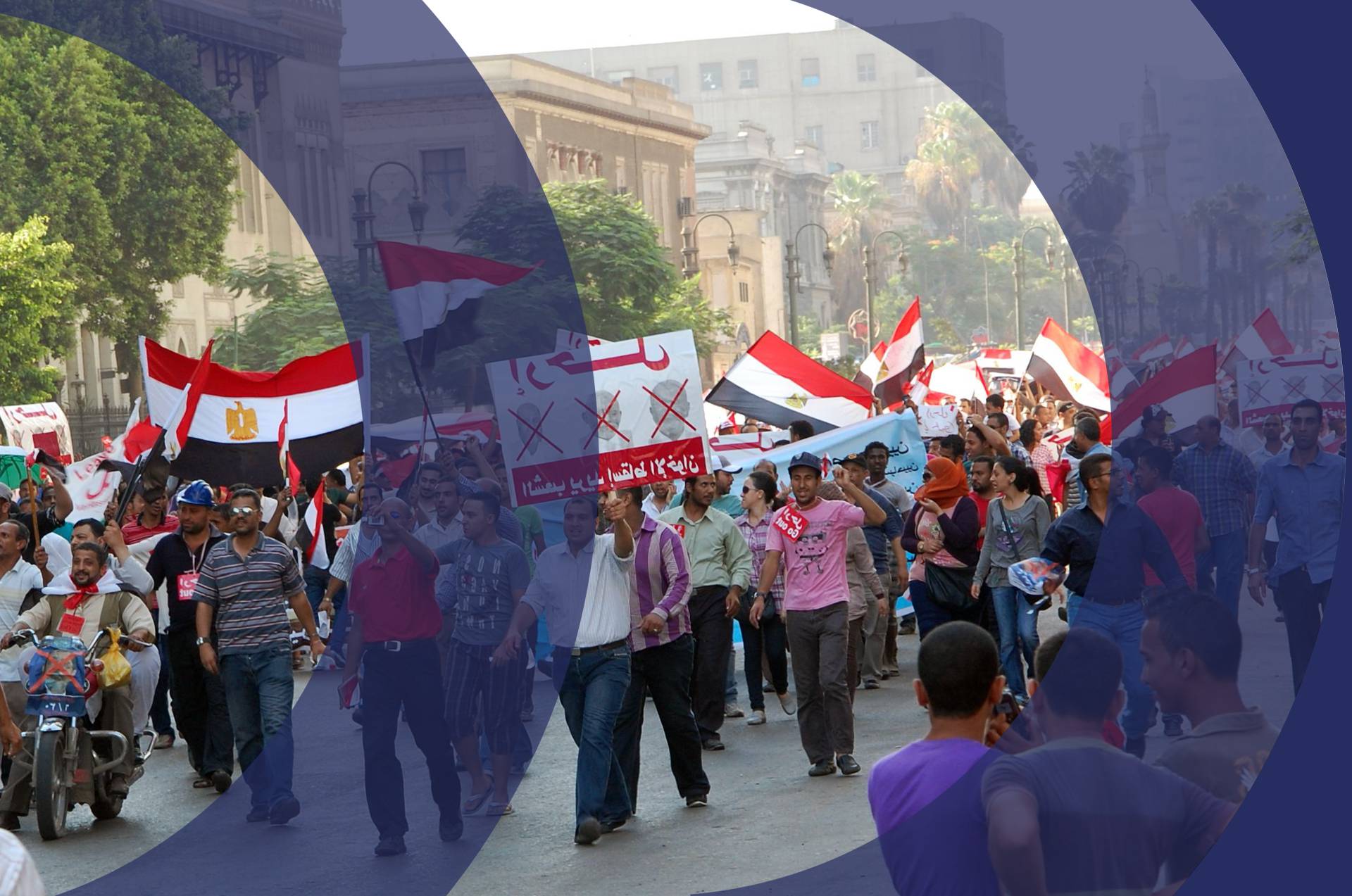
About the Project
The Euro-Atlantic Forum on Democracy and Security: Our Freedom and Yours is dedicated to the analysis and discussion of societal and geopolitical changes affecting democracies globally and in the specific context of CEE and Eurasia.

-
Processes such as the growth of populism, authoritarian tendencies as well as polarization, undermine democracies internally. They coincide with external threats coming from autocratic regimes wishing to destabilize the liberal, rule-based international order. We believe that internal and external challenges to democracy and rule-based international order are highly interrelated.
-
Processes such as the growth of populism, authoritarian tendencies as well as polarization, undermine democracies internally. They coincide with external threats coming from autocratic regimes wishing to destabilize the liberal, rule-based international order. We believe that internal and external challenges to democracy and rule-based international order are highly interrelated.
-
Too often phenomena such as democratic backsliding, populist nationalism, and culture wars have been analyzed as if they were isolated from the international arena. Likewise, international challenges such as trade wars, proxy wars, or aggressive foreign policies have been studied without too much attention paid to their domestic context. Hence the need for an honest discussion on the state of democratic societies in the context of the changing international order.
-
Open societies have their enemies, but they also have the ability to self-reflect. The EuroAtlantic Forum on Democracy and Security: Our Freedom and Yours provides a platform for such self-reflection. The project consists of two parts: a conference and the Young Leaders Spring School. The conference will be attended by policymakers, intellectuals, journalists, and academics. The forum will conclude with a declaration summarizing its outcome.
-
The Young Leaders Spring School is an educational program intended for students and young professionals interested in problems and challenges of democracy in the Polish, Central 2 Eastern European and Eurasian contexts. Both parts of the project will be held in Krakow, Poland, but some activities of Young Leaders Spring School program will take place at additional locations: Oswiecim (Auschwitz Museum), Warsaw (Office of the Commissioner for Human Rights, the headquarters of the EU’s FRONTEX agency) and Gdansk (Solidarity Museum). The project participants will reflect on the causes and consequences of questioning the values of liberal democracy.
-
This political process resulting in the decrease of confidence in liberal democracy coincides with a growing atmosphere of insecurity, resulting from a range of transnational factors: financial and refugee crises, the global COVID-19 pandemic and greater power rivalry. In Europe, and particularly in the CEE region, the greatest source of uncertainty is Russia’s aggressive, neo-imperial policy towards Ukraine.
-
The Russian invasion created a clear security threat to NATO member states of the Eastern Flank as well as a severe humanitarian crisis. It has also led to the largest crisis of the rulebased international order centered around the UN.
-
After Russia's full-scale invasion of Ukraine, there have been many statements signaling the entry into a new era of global international relations. Russian aggression has become widely interpreted as a sign of the transformation of the international structure. President Joe Biden conceptualized this new international order as a global clash between democracy and authoritarianism. By both international observers and policymakers, Russia's aggression against its neighbor is interpreted on the one hand as an expression of Russia's eternal imperial aspirations, and on the other – as a reflection of the great power rivalry.
-
The forum intends to examine the nature of these phenomena and processes. Its goal is to bring together political leaders, intellectuals, and media professionals to discuss ways of defending and strengthening democracies in an interdependent world.
-
Processes such as the growth of populism, authoritarian tendencies as well as polarization, undermine democracies internally. They coincide with external threats coming from autocratic regimes wishing to destabilize the liberal, rule-based international order. We believe that internal and external challenges to democracy and rule-based international order are highly interrelated.
-
Processes such as the growth of populism, authoritarian tendencies as well as polarization, undermine democracies internally. They coincide with external threats coming from autocratic regimes wishing to destabilize the liberal, rule-based international order. We believe that internal and external challenges to democracy and rule-based international order are highly interrelated.
-
Too often phenomena such as democratic backsliding, populist nationalism, and culture wars have been analyzed as if they were isolated from the international arena. Likewise, international challenges such as trade wars, proxy wars, or aggressive foreign policies have been studied without too much attention paid to their domestic context. Hence the need for an honest discussion on the state of democratic societies in the context of the changing international order.
-
Open societies have their enemies, but they also have the ability to self-reflect. The EuroAtlantic Forum on Democracy and Security: Our Freedom and Yours provides a platform for such self-reflection. The project consists of two parts: a conference and the Young Leaders Spring School. The conference will be attended by policymakers, intellectuals, journalists, and academics. The forum will conclude with a declaration summarizing its outcome.
-
The Young Leaders Spring School is an educational program intended for students and young professionals interested in problems and challenges of democracy in the Polish, Central 2 Eastern European and Eurasian contexts.
-
Both parts of the project will be held in Krakow, Poland, but some activities of Young Leaders Spring School program will take place at additional locations: Oswiecim (Auschwitz Museum), Warsaw (Office of the Commissioner for Human Rights, the headquarters of the EU’s FRONTEX agency) and Gdansk (Solidarity Museum). The project participants will reflect on the causes and consequences of questioning the values of liberal democracy.
-
This political process resulting in the decrease of confidence in liberal democracy coincides with a growing atmosphere of insecurity, resulting from a range of transnational factors: financial and refugee crises, the global COVID-19 pandemic and greater power rivalry. In Europe, and particularly in the CEE region, the greatest source of uncertainty is Russia’s aggressive, neo-imperial policy towards Ukraine.
-
The Russian invasion created a clear security threat to NATO member states of the Eastern Flank as well as a severe humanitarian crisis. It has also led to the largest crisis of the rulebased international order centered around the UN.
-
After Russia's full-scale invasion of Ukraine, there have been many statements signaling the entry into a new era of global international relations. Russian aggression has become widely interpreted as a sign of the transformation of the international structure. President Joe Biden conceptualized this new international order as a global clash between democracy and authoritarianism.
-
By both international observers and policymakers, Russia's aggression against its neighbor is interpreted on the one hand as an expression of Russia's eternal imperial aspirations, and on the other – as a reflection of the great power rivalry.
-
The forum intends to examine the nature of these phenomena and processes. Its goal is to bring together political leaders, intellectuals, and media professionals to discuss ways of defending and strengthening democracies in an interdependent world.
“We must plan for freedom, and not only for security, if for no other reason than
only freedom can make security more secure.”
Karl R. Popper, The Open Society And Its Enemies
Latest News
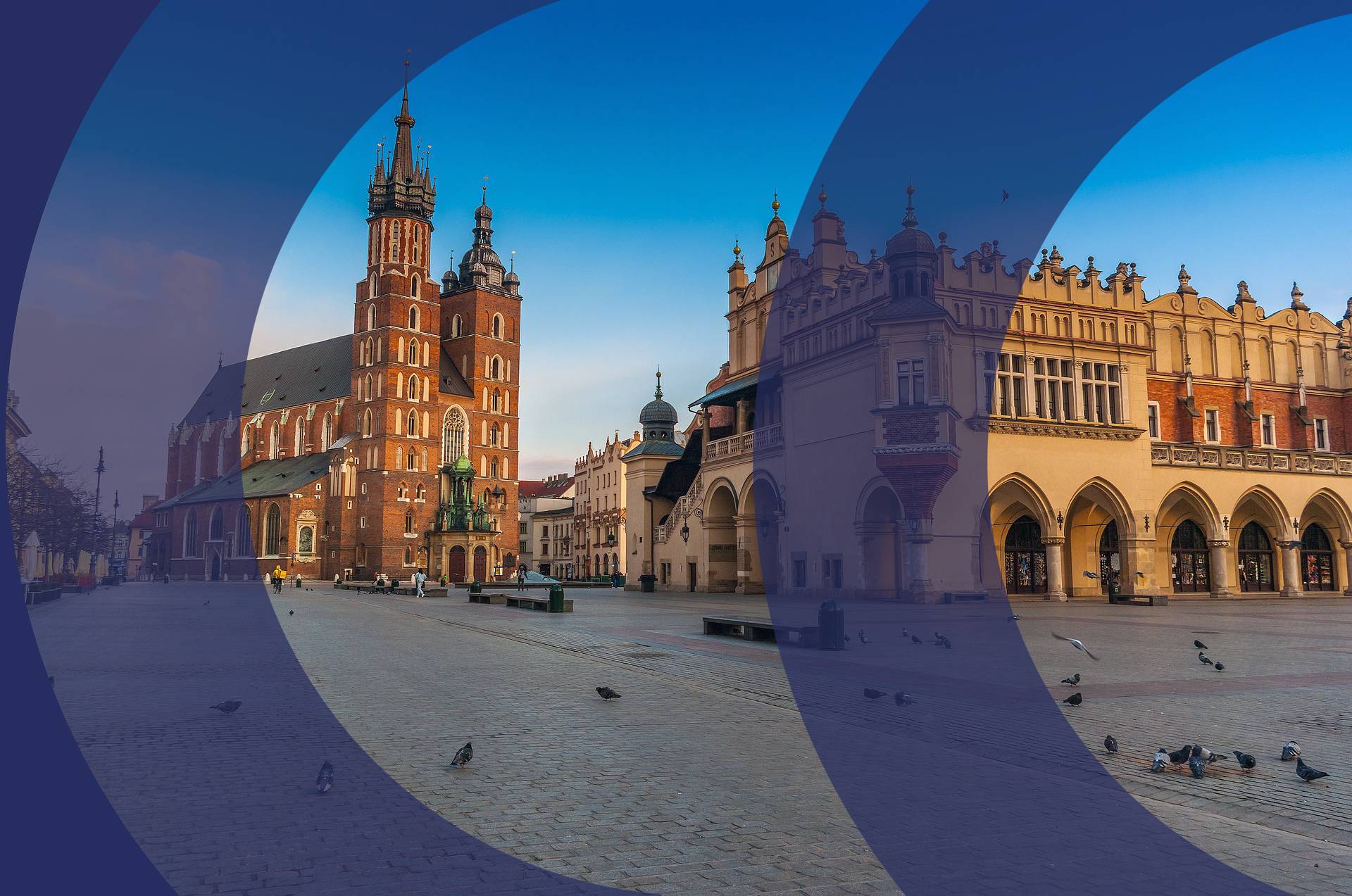
-
Agenda
The project involves organizing a two-day international forum in Kraków, with participants from Europe and the United States. The forum will aim to identify and describe the changes taking place in liberal democracies within the Euro-Atlantic region and determine their scale and effects. It will consist of 6 panels held over two days. Each panel will be attended by 5-6 panelists. -
10-11 September Kraków
The scheduled date of the forum is 10-11 September 2023. The forum will be reported on different social media platforms, allowing for a larger audience reach. Audio-visual recordings of the forum will also be available on the website.
-
Agenda
The project involves organizing a two-day international forum in Kraków, with participants from Europe and the United States. The forum will aim to identify and describe the changes taking place in liberal democracies within the Euro-Atlantic region and determine their scale and effects. It will consist of 6 panels held over two days. Each panel will be attended by 5-6 panelists. -
10-11 September Kraków
The scheduled date of the forum is 10-11 September 2023. The forum will be reported on different social media platforms, allowing for a larger audience reach. Audio-visual recordings of the forum will also be available on the website.

10
Sunday
11
Monday
Securing Democracy
Democratizing Security
10.00 Opening remarks
10:00-10.30 Keynote speech
10.30-11.30 Political leadership in an era of disruption
The instability of modern times has many consequences, among which is the weakening of the authority of government. What does it take for politicians to gain the public trust necessary to maintain their positions?
10.30-11.45 Ukraine, NATO and a great power rivalry
This panel will focus on the challenges facing Ukraine and NATO in the context of great power rivalry. The long-term results and consequences of Russia’s aggression against Ukraine are not yet known – however, we can discern several important trends that relate to this critical moment for the future of the international order and institutions. Speakers will discuss the historical context, current events and potential future scenarios for the current situation of Ukraine and the rest of the world.
11.45-13.00 Populism and the quest for dignity
Populism, cited among the most important contemporary challenges facing liberal democracies, especially in the context of the rapid growth of social media and related phenomena. Panel members will consider the possible long-term consequences of pursuing such a political narrative.
12.00-13.15 Defending rule based order against neo-imperialism
The panel will outline the threads into the new geopolitical dynamics and its relationship to the international rules-based order, particularly the threads of sovereignty, international cooperation and diplomacy.
13.00-14.00 Lunch
13.15-14.15 Lunch
14.00-15.00 Implications of Russia’s War against Ukraine
The year 2022 was a turning point – first and foremost for the people of Russia-attacked Ukraine, but also for world politics. The long-term effects of the war on Ukraine and the rest of the world are not yet known, but the distribution of power and the international order as we know it so far are being redefined.
14.15-15.30 Changing contexts of European integration and security
In recent years, public discourse has increasingly returned to traditional security themes – including the rivalry of great powers. At the same time, especially since the outbreak of the COVID-19 pandemic, the notion of "security" and "integration" has also begun to fall in areas such as economic and health policy. In migration policy, the most pronounced change taking place, particularly since the so-called "refugee crisis" in 2015, is the militarization of borders in Europe – particularly the militarization of the EU's external border.
15.15-16.15 Combating polarization and disinformation
The phenomena of polarization and disinformation and their impact on politicalsentiment, inherent in the rise of social media, are now widely reported, especially in the context of Russia’s aggression in Ukraine. The panelists will consider ways to combat the increasing polarization of more and more areas of political reality.
15.45-16.45 NATO’s China Challenge
China's aggressive policy in the East Asian region has been formally recognized as a "systemic challenge" to NATO values, interests and security. Russia's aggression in Ukraine has caused the West to consider the challenge of a rising China differently.
16.15-17.15 Role of civil society in limiting political polarization
The role of civil society in the contemporary balance of power and authority in all regions of the world is increasing, including in the area of combating increasing polarization.
17:45 Closing reception
11
Monday
Democratizing Security
10:00-10.30 Keynote speech
10.30-11.45 Ukraine, NATO and a great power rivalry
This panel will focus on the challenges facing Ukraine and NATO in the context of great power rivalry. The long-term results and consequences of Russia’s aggression against Ukraine are not yet known – however, we can discern several important trends that relate to this critical moment for the future of the international order and institutions. Speakers will discuss the historical context, current events and potential future scenarios for the current situation of Ukraine and the rest of the world.
12.00-13.15 Defending rule based order against neo-imperialism
The panel will outline the threads into the new geopolitical dynamics and its relationship to the international rules-based order, particularly the threads of sovereignty, international cooperation and diplomacy.
13.15-14.15 Lunch
14.15-15.30 Changing contexts of European integration and security
In recent years, public discourse has increasingly returned to traditional security themes – including the rivalry of great powers. At the same time, especially since the outbreak of the COVID-19 pandemic, the notion of "security" and "integration" has also begun to fall in areas such as economic and health policy. In migration policy, the most pronounced change taking place, particularly since the so-called "refugee crisis" in 2015, is the militarization of borders in Europe – particularly the militarization of the EU's external border.
15.45-16.45 NATO’s China Challenge
China's aggressive policy in the East Asian region has been formally recognized as a "systemic challenge" to NATO values, interests and security. Russia's aggression in Ukraine has caused the West to consider the challenge of a rising China differently.
16.45-17.45 Thinking about Grand Strategy for Poland
17:45 Closing reception
Young Leaders Summer School
-
The goal of the Young Leaders Summer School is to create an enabling learning environment, where participants will acquire the knowledge and competencies that will allow them to develop the principle of successful harmonization of democratization processes, and support of the rule of law with civil society in their communities. Furthermore, the platform will help to develop the leadership and social competencies of the participants and strengthen their further social and civic activities.
-
This project is addressed to young leaders from Central and Eastern European and Eurasian countries, who know that in order to change their environment they must deepen their knowledge and strengthen their competencies, those, who want to develop as leaders of their communities, and are ready to work on and plan their leadership development.
-
Young Leaders Spring School participants will take part in Euro-Atlantic Forum on Democracy and Security: Our Freedom and Yours. In the subsequent six days after the conference, they will hold seminars and discussions on the issues of democracy, polarization, identity, civic culture and authoritarianism.
-
Four study visits will be conducted in: Oswiecim (Auschwitz Museum), Warsaw (Office of the Commissioner for Human Rights, the headquarters of the EU’s FRONTEX agency) and Gdansk (Solidarity Museum). The project participants will reflect on the causes and consequences of questioning liberal democracy.

About Us
Located in Krakow, the Institute for Strategic Studies Foundation has been in existence for 29 years.
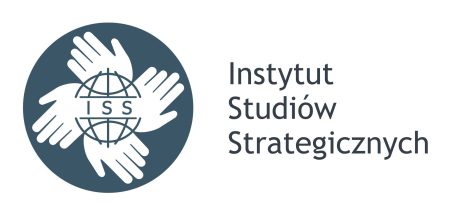
-
ISS Foundation is active in the areas of international relations, building democracy and civil society, NGO support, and education. Throughout its activities, the Foundation has organized civic activities such as debates, conferences, study visits, workshops, training, and publications. I
-
ISS operates continuously, implementing projects from public grants and funds raised from business activities. The Foundation conducts international, national, and local activities. ISS has so far organized 30 international security conferences co-sponsored by, among others, NATO Headquarters and the Konrad Adenauer Foundation. Each time it was a 1–2-day event for a minimum of 120 people.
-
It also has a number of educational projects organized with funding from the Polish-American Freedom Foundation (RITA program) and several educational projects on local self-governance funded by EU structural funds.
2019
2020
2021
For 8 years
ISS has been running the program "It's not enough to be...a woman" on women's self-development, their position in business, politics, and enterprises, and combining private life with professional work.For many years
We have conducted research and educational projects on the history of Jews in the Małopolska region of Poland and the fate of Poles killed and repressed for helping Jews during World War II. We are the publisher of several publications and books on this topic.